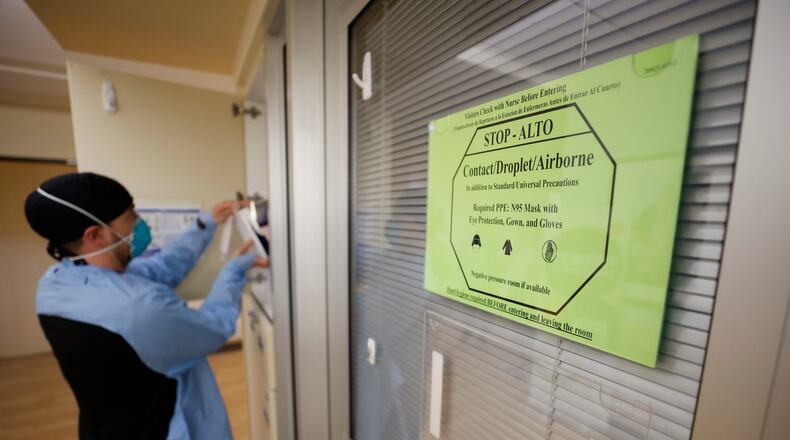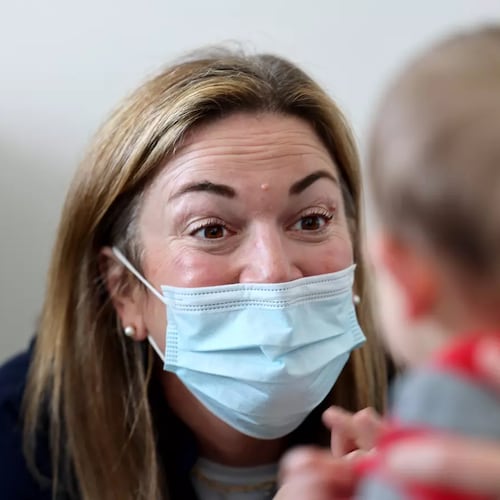COVID-19 is no longer a top-10 cause of death in Georgia, a sign the virus may be loosening its grip, but still poses a threat, according to new data from the Centers for Disease Control and Prevention.
COVID ranked No. 12 among the most common causes of death for Georgians in 2023, falling sharply from 2022 when it was No. 4, according to CDC data.
Overall in the U.S., COVID ranks No. 10 among the nation’s most common causes of death, down from No. 4 in 2022. For both the U.S. and Georgia, COVID falls behind the No. 1 killer of heart disease, followed by cancer and accidents, which includes car accidents, falls and accidental overdoses.
This marks a dramatic improvement from the earlier days of the pandemic. Three years ago in September 2021, there were a staggering 995 COVID deaths in a single week in Georgia, according to data from CDC. In the past month, there have been fewer than 10 Georgians dying each week from COVID, according to CDC. The federal agency does not list deaths that are under 10 in order to preserve patient privacy.
Today, COVID is far less likely to cause severe illness because of widespread immunity from infections, vaccines or both, and because there are more treatment options. But COVID can still cause serious illnesses or death for those who are older and who have weakened immune systems.
“Overall, we are in a much better place than we were several years ago. Our hospitals looked like war zones during some of those early days of the pandemic,” said Dr. Luke Lathrop, chief medical officer at SmartMED Drive-Thru Medical Care in Roswell. “We have returned to relative normalcy, but those at risk should still remain vigilant — especially when numbers spike.”
Last week the CDC reported COVID cases are growing in 23 states, including Georgia.
Age remains the strongest risk factor for severe COVID outcomes, with risk of severe outcomes increasing markedly with increasing age, according to CDC researchers. Compared to adults between 18 and 29, the risk of death from COVID is 25 times higher in those ages 50 to 64; and 60 times higher in those ages 65 to 74. It is 340 times higher in those ages 85 and older.
The CDC continues to have a general recommendation for everyone six months and older to get an updated COVID shot. Vaccines that have been updated to better fight off the latest variants are supposed to arrive later this month or in September.
Jodie Guest, senior vice chair in the department of epidemiology at Emory University’s Rollins School of Public Health, said while COVID deaths have fallen significantly, it’s important to remember the immense impact of the virus in the first couple of years of the pandemic and remain vigilant of a virus that continues to claim lives.
“We need to remember that COVID is still circulating and is still causing deaths,” she said. “We still have too many people dying from the virus. It’s important to stay up to date with vaccinations and seek treatment if you’re over 60 and have COVID or if you have an underlying condition.”
Guest also stressed it’s important to test for COVID if you have symptoms or have been around someone with COVID. This will help to know whether you should stay away from others to prevent the spread, she said.
“While we are in a much better place now with COVID, we need to remember these practices are still important for our own health and for those around us,” she said.
Keep Reading
The Latest
Featured





